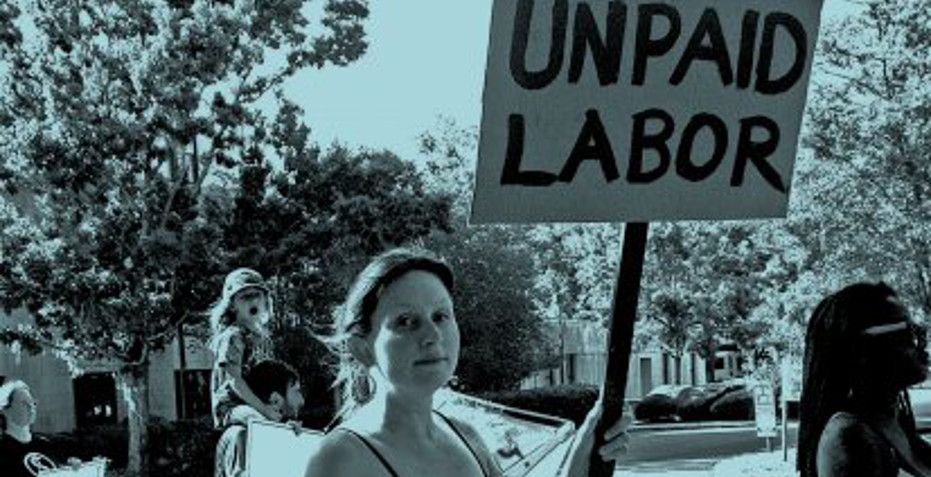By Seth Sandronsky
The Progressive Populist
June 1st, 2019
Female labor of carrying babies then caring for them, family and friends makes the world we know. Jenny Brown explains how the struggle over accessible abortion and contraception link to that vital labor in “Birth Strike: The Hidden Fight over Women’s Work” (PM Press, 2019).
She opens with international comparisons of demography, in this case the statistics of birth rates. Her country-by-country survey is revealing.
Brown unpacks the history, politics and rhetoric of falling birth rates in the US. She situates today in historic context, from the Comstock Law of 1873 making abortion and contraception illegal, to 2019. What is really going on here?
Brown explains many facets of the powerful class trying to control women’s reproductive labor, from overpopulation to Social Security and immigration. Because her book focuses on the US, skin color looms large in a nation with an origin as a slaveholding republic.
Likewise, because the US is the world’s lone superpower, war and women play a central role in the socio-economic system. For example, the declining US birth rate hikes the cost of the military-industrial complex, the so-called defense industry. One interest’s costs, of course, are another interest’s profits. Brown explains the whys and wherefores from a feminist-Marxist view.
Similarly, she unravels, historically, debates on wages and workers among Malthus, Marx and Smith. Suffice it to say inequality and poverty in the economy are features of the system, and a birth strike is a tactic that points to women’s power to shape the class balance of forces away from the one percent to everybody else.
You might say that women’s opposition to the establishment status quo making rearing kids onerous is revolutionary even if their consciousness about is not, to paraphrase the late Herbert Marcuse in “One Dimensional Man.”
Consider the so-called conservative wing of politics, usually but not always associated with the GOP. Its tired and tiring refrain is that New Deal and Great Society policies are harmful. What to do? Cut public goods and services for the many and increasing government’s hand in the prosperity of corporations.
She writes, “What “pro-family” really means is families instead of government. Cut government, and put the work on families. And by families they mean women and women’s unpaid labor.”
Brown delivers powerful testimonies from women with and without kids. One gets a strong sense of the personal and political dimensions of the women’s decisions about rearing kids under late capitalism stateside.
The lack of public support explains why US women are choosing to have fewer kids, e.g., the birth strike. Reproductive freedom empowers women. Removing and weakening it weakens them and their families.
What to do? Organize the broadest range of people possible, e.g., on a basis of working-class politics, for more robust government policy to make it family-friendly in deed.
In this time of late capitalism, such politics are making a comeback after the one-percent’s class conquest of the 99%. Brown aims to strengthen this trend.
Universal health care, not the corporate-friendly Affordable Care Act, helps women to alter the power structure to help the 99%, of which they are an integral part, Brown writes.
In 11 chapters and an appendix with questions for consciousness-raising, she hits the mark of helping us to understand the system that puts profits before people and tactics to weaken it. Therefore, “Birth Strike” is a book for everybody. Read it.




